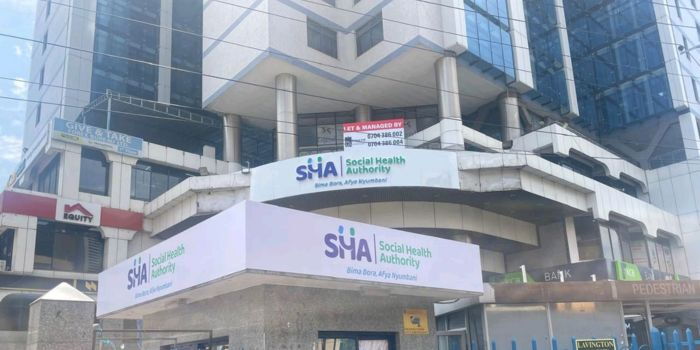Health Cabinet Secretary Aden Duale has called on Members of Parliament to allocate more resources to the Social Health Authority (SHA), saying that the year-old health insurance model faces funding shortfalls that hinder its nationwide rollout.
Appearing before the National Assembly Departmental Committee on Health, Duale noted that the government had made significant progress in operationalising the SHA but warned that inadequate funding could stall key reforms in Kenya’s health sector. He was responding to the Committee’s October 2025 Fact-Finding Report on SHA’s implementation.
Duale highlighted that the Ministry of Health is pursuing several reforms aimed at improving efficiency and restoring public confidence in health insurance and service delivery. Among the major initiatives are the Primary Healthcare Fund (PHCF) and the Emergency, Chronic and Critical Illness Fund (ECCIF), both established under the Social Health Insurance Act, 2023.
The PHCF supports access to free primary healthcare at community units, dispensaries, and health centres (Levels 1–3), focusing on preventive, promotive, and basic curative care. Meanwhile, the ECCIF provides financial protection for high-cost treatments, including emergency medical care, chronic disease management, and interventions for critical illnesses such as cancer.
However, Duale cautioned that both funds remain underfunded relative to their mandates, limiting their ability to deliver consistent and equitable health coverage. He also urged the fast-tracking of the settlement of the National Health Insurance Fund (NHIF) legacy debt to enhance financial stability in the sector.
Additionally, Duale revealed plans to launch Ambulance Evacuation Service Benefits and establish a National Ambulance Dispatch Centre (NADC) a technology-driven, cashless system that will coordinate emergency medical responses nationwide.
Under Kenya’s legislative framework, the Ministry of Health will submit annual funding requests for PHCF and ECCIF to the National Treasury, which Parliament will review. If the allocations are found insufficient, lawmakers can pass supplementary appropriation bills to support the underfunded programs and strengthen Kenya’s path toward universal health coverage.

